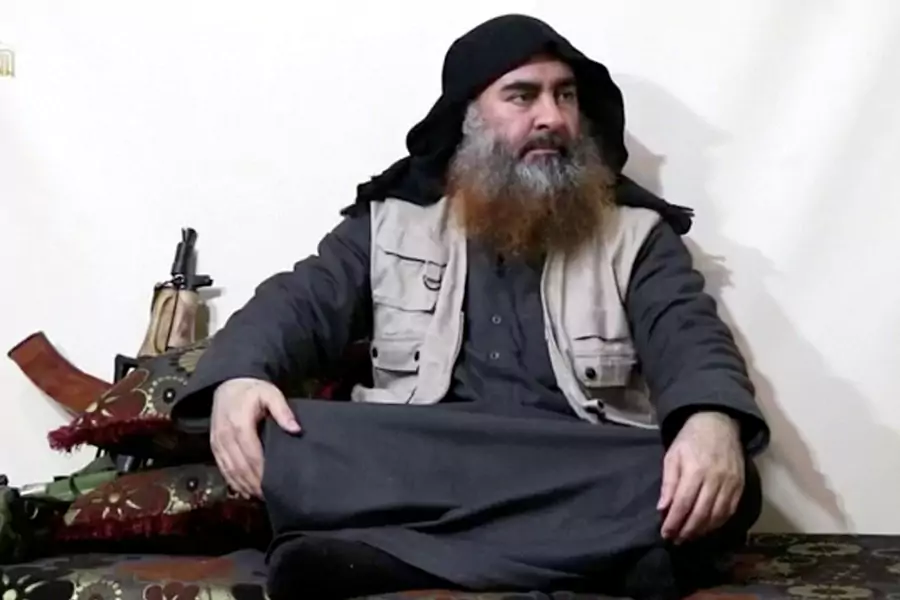The Islamic State Executes Eleven Over Christmas in Nigeria

Members of the Islamic State in West Africa (ISWA), a faction of Boko Haram, recently executed eleven hostages on camera. The video, released to a Nigerian Journalist on December 26, alleged that all the hostages executed were Christians, and that their murders were in retaliation for the killing of Abubakar al-Baghdadi, the leader of the Islamic State, by U.S. forces in October.
The Islamic State-affiliated faction of Boko Haram has long posed a dilemma for policymakers. Is ISWA indeed an arm of the Islamic State (IS)? If so, does that mean it is therefore part of international jihadi terrorism and therefore has its sights set on Western targets? Or, despite its name, is it fundamentally a local insurrection against the secular Nigerian state? ISWA is certainly affiliated with IS. But what does that affiliation actually mean? They appear to share the same theological basis and much of the same rhetoric. IS leader Abubakar al-Baghdadi either orchestrated or approved an ISWA leadership change. But, evidence of strategic or tactical cooperation is limited. IS in Iraq and Syria sought to destroy Western secularism and was an avowed enemy of the United States. But ISWA in Nigeria has attacked no American installations, which, however, are few in the organization’s area of operation. It is implacably hostile to the secular Nigeria state, which it characterizes as evil.
More on:
ISWA has killed Christian hostages before. Most recently, it claimed to have murdered four aid workers it had kidnapped. In 2019 it murdered two midwives it had also kidnapped. It continues to hold captive an unknown number of hostages, estimated to be in the dozens and mostly aid workers and others somehow associated with the Nigerian government. In March 2018, it released the 104 schoolgirls it had kidnapped at Dapchi the month prior (five were apparently killed in the abduction), but it kept in its custody the lone Christian, Leah Sharibu.
A number of things made this episode of particular significance. The eleven executions are the most numerous to date at one time. Further, ISWA videotaped the executions, made reference to the religion of the hostages, released the video the day after Christmas, and made it clear that their deaths were revenge for the U.S. killing of al-Baghdadi. By linking the murders to revenge for the killing of al-Baghdadi, ISWA is involving the United States, while publicity of the gruesome murders may have also been intended to further alienate Nigeria’s Christians and Muslims.
In a Twitter thread, President Muhammadu Buhari rightly and unequivocally denounced the murders: “We should under no circumstances let the terrorists divide us by turning Christians against Muslims, because these barbaric killers don’t represent Islam and millions of other law-abiding Muslims around the world.”
Thus far, U.S. media reaction has been restrained. U.S.-based advocacy groups for Christians in West Africa have also been quiet, likely because of the Christmas holidays. But, even if the ISWA murders of Christians becomes a political issue in the United States in the coming days, U.S. capacity in the region, always small, is likely to become even smaller. A 2019 troop deployment review has signaled a U.S. draw-down of military and intelligence assets in West Africa. Should a consensus emerge that ISWA is, indeed, a part of IS, the U.S. capacity to shape events in northern Nigeria is likely to remain limited.
More on:
 Online Store
Online Store